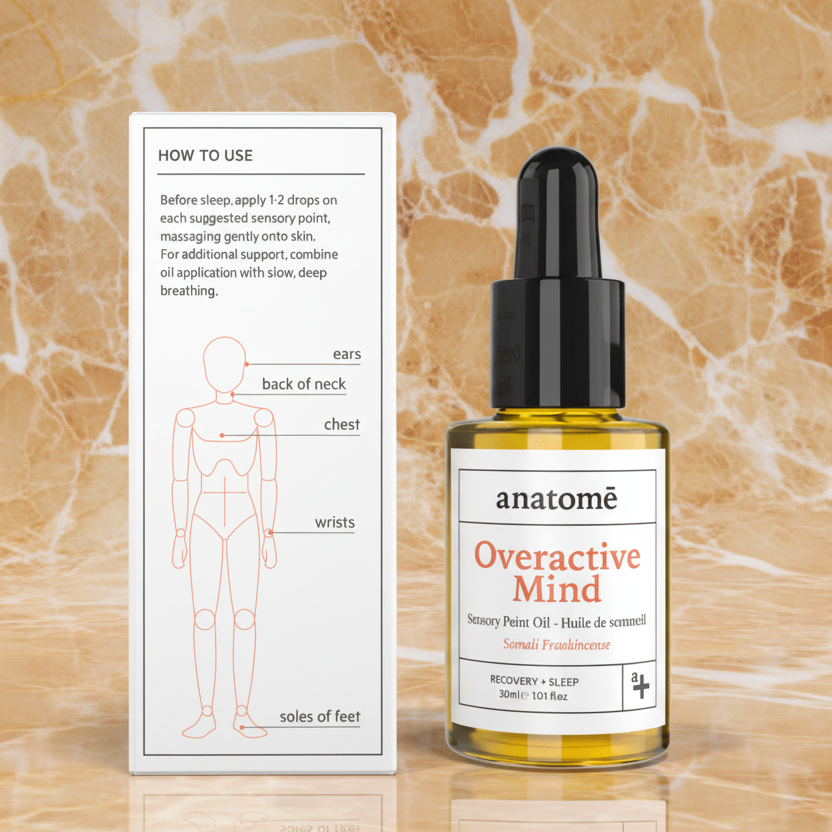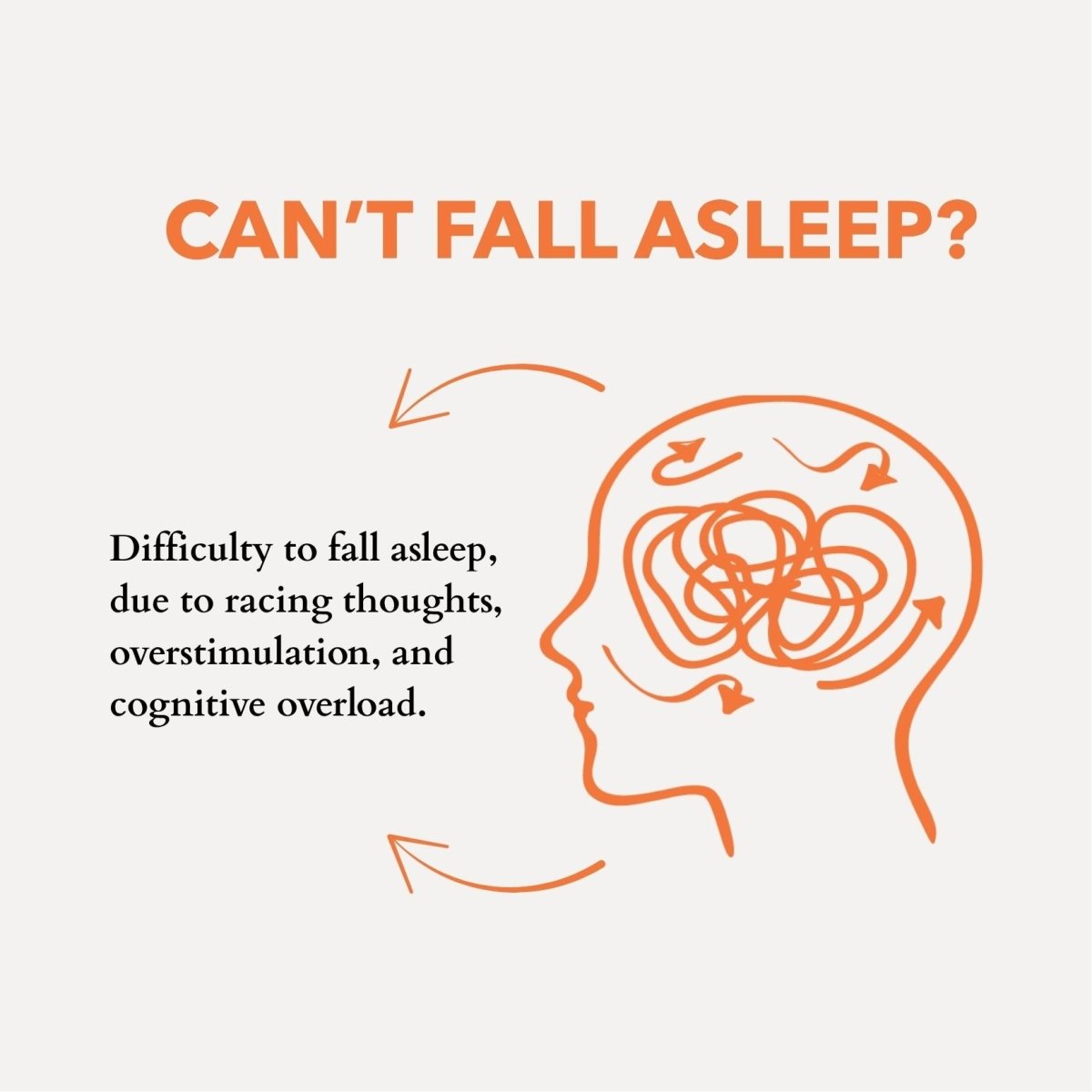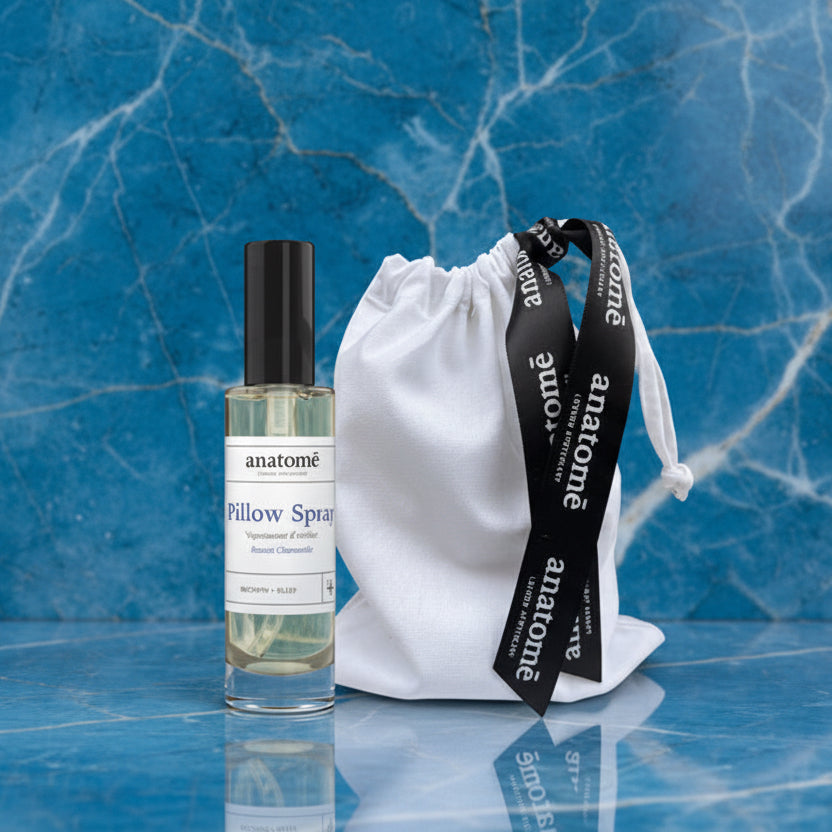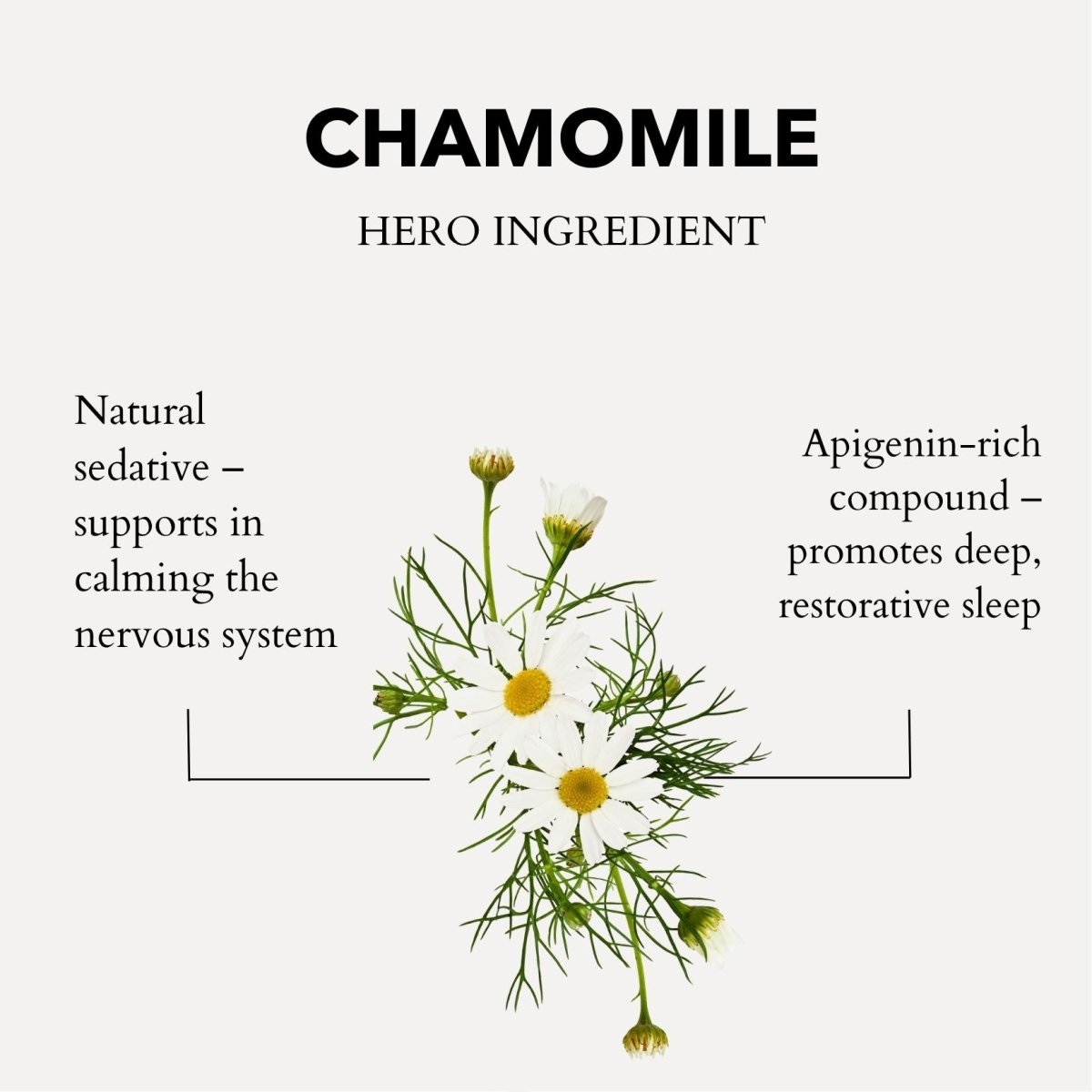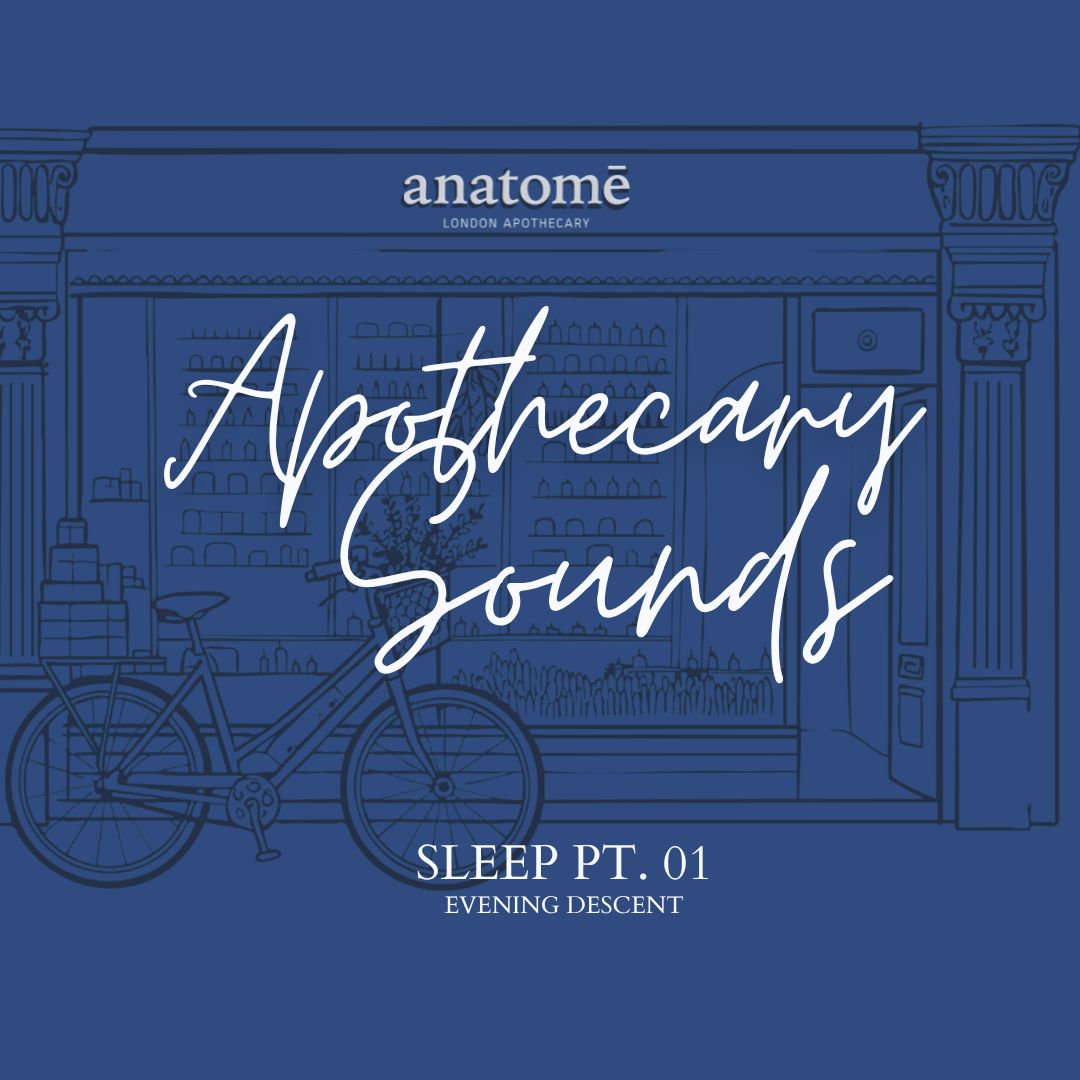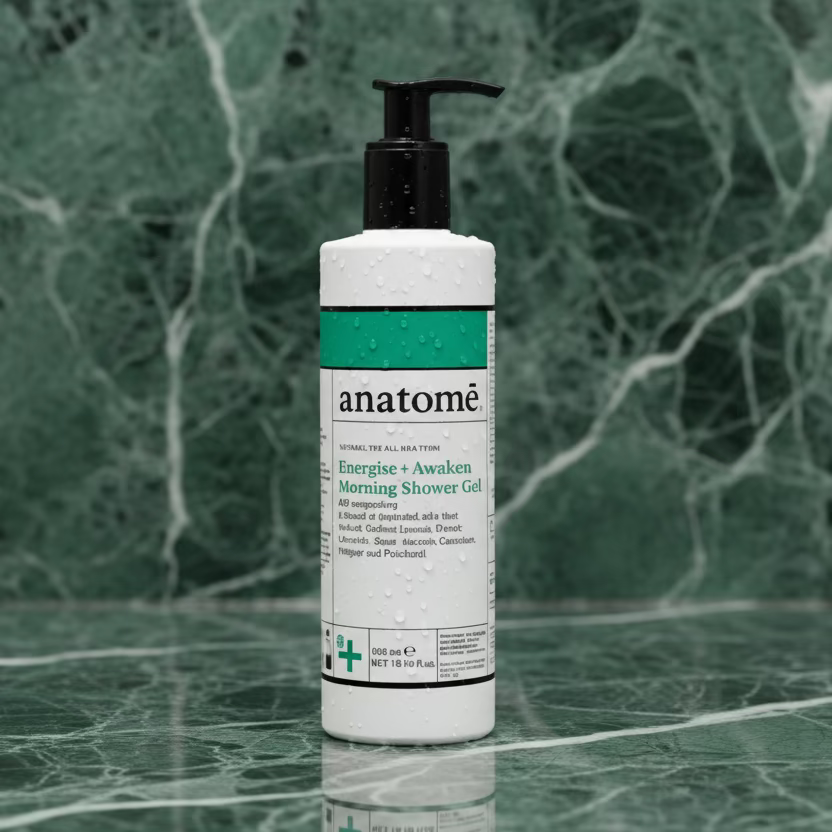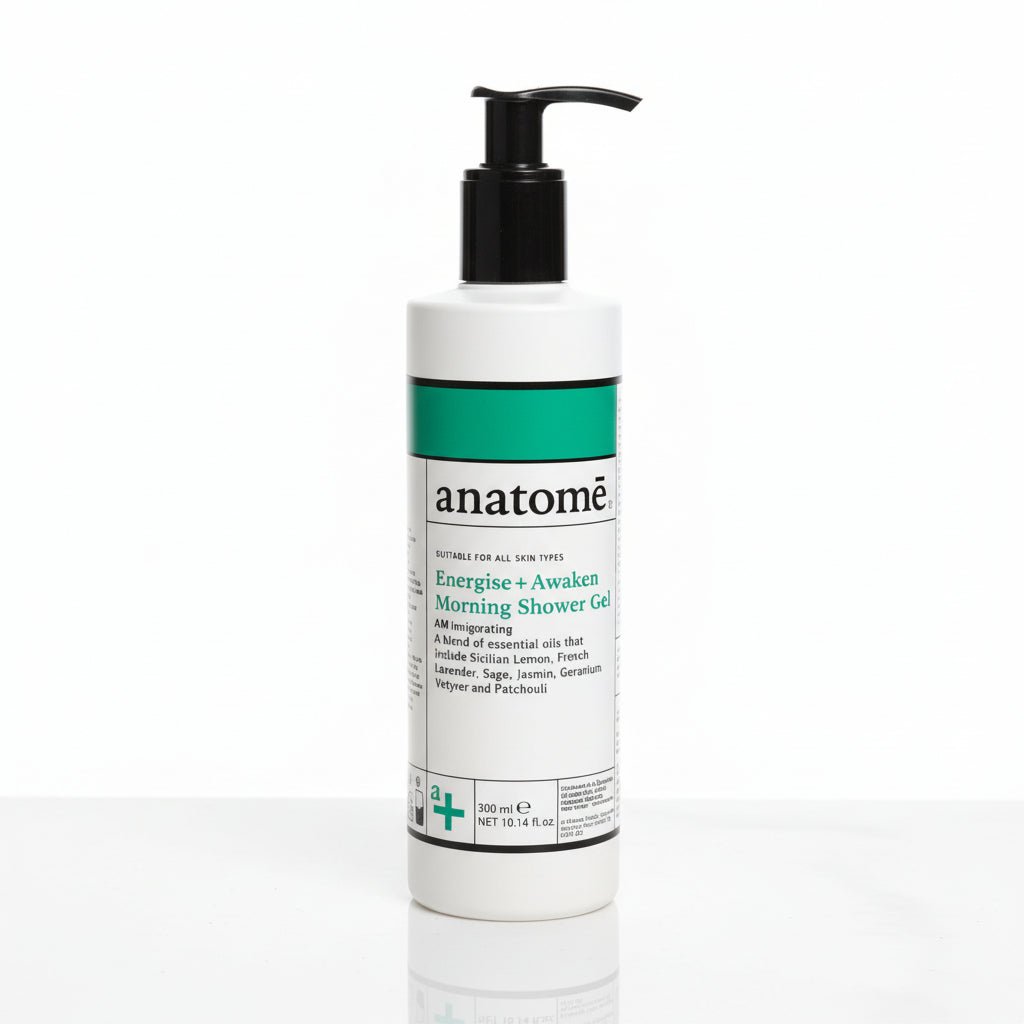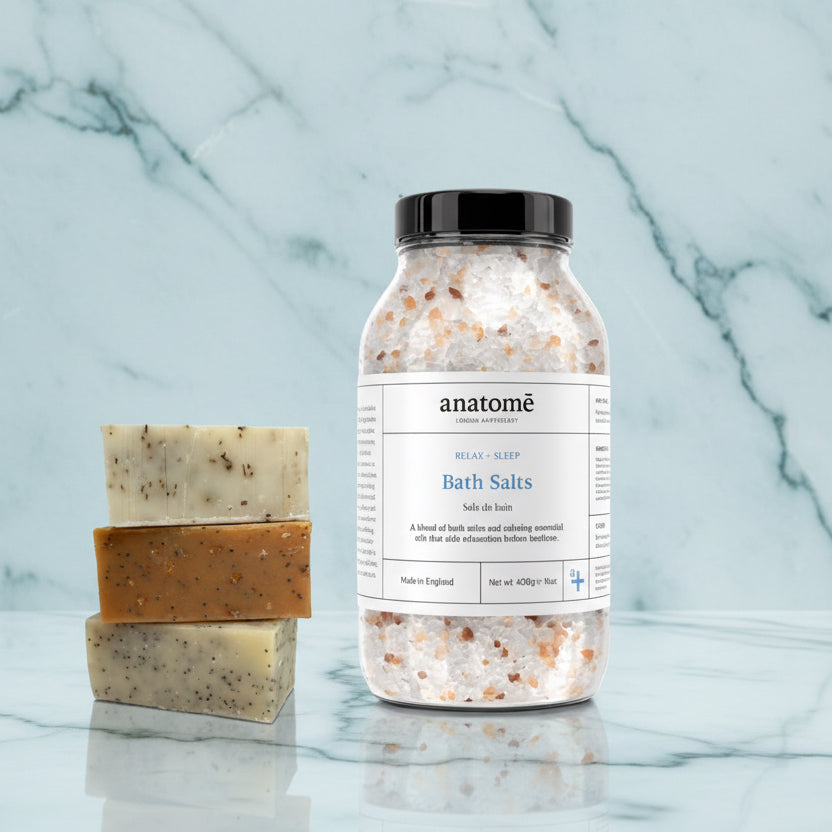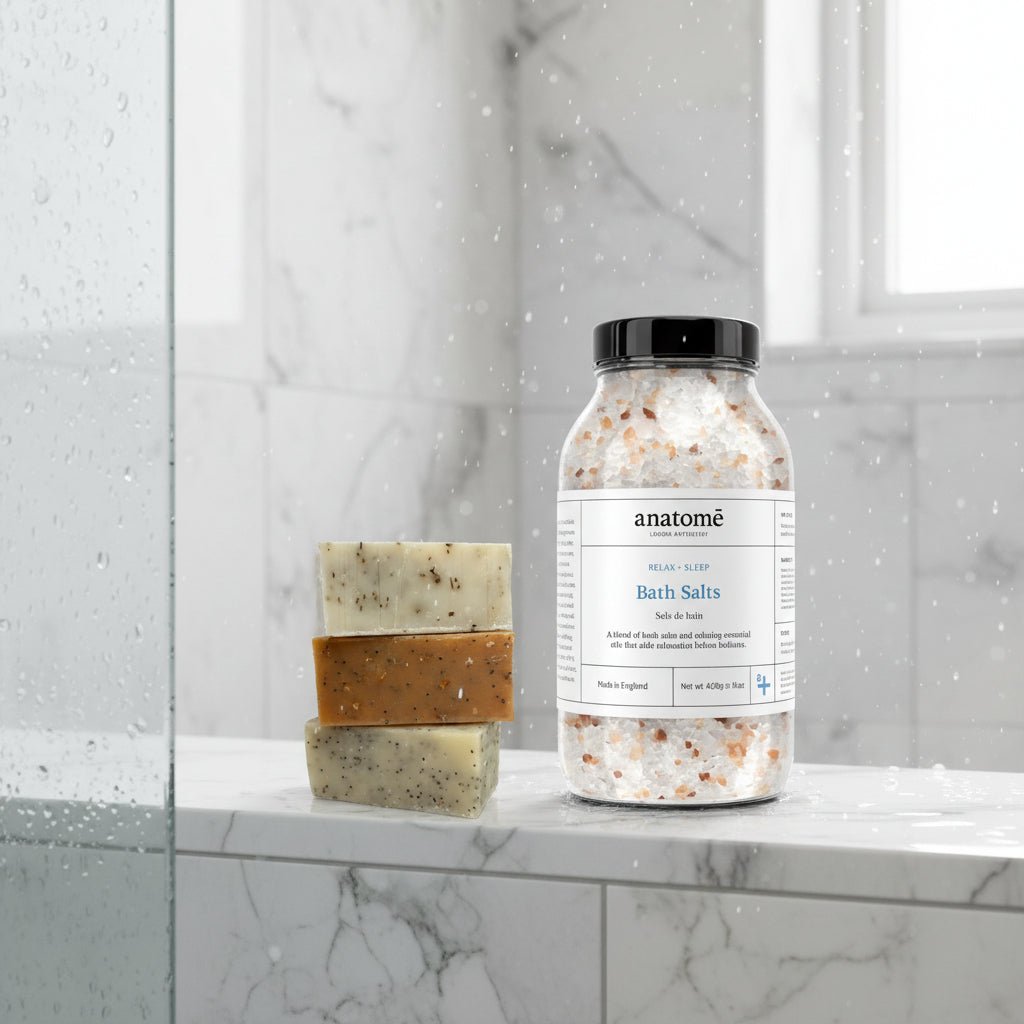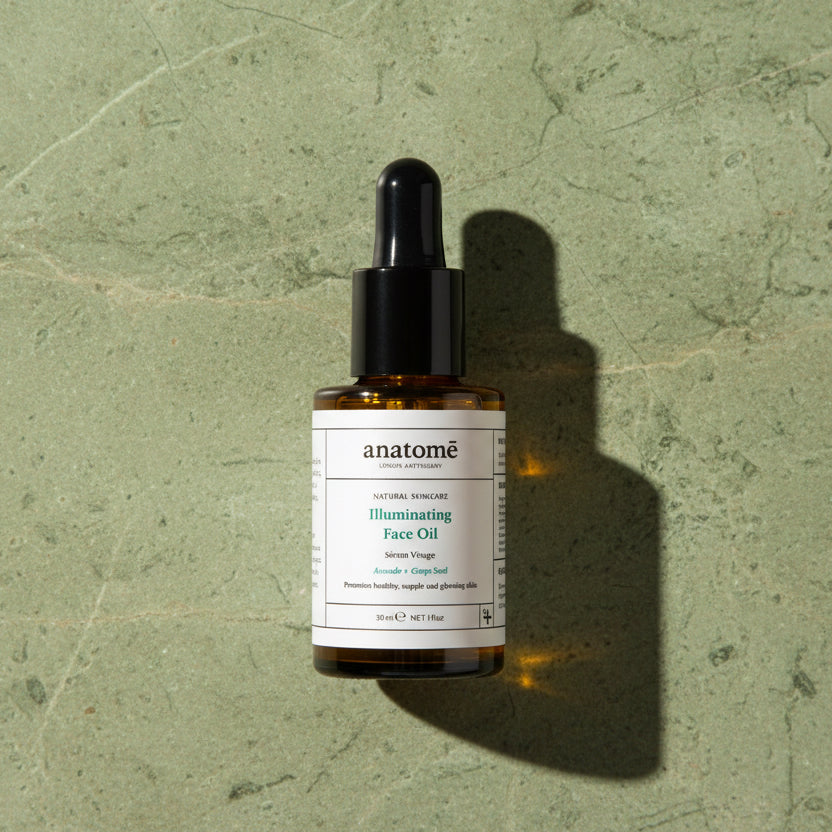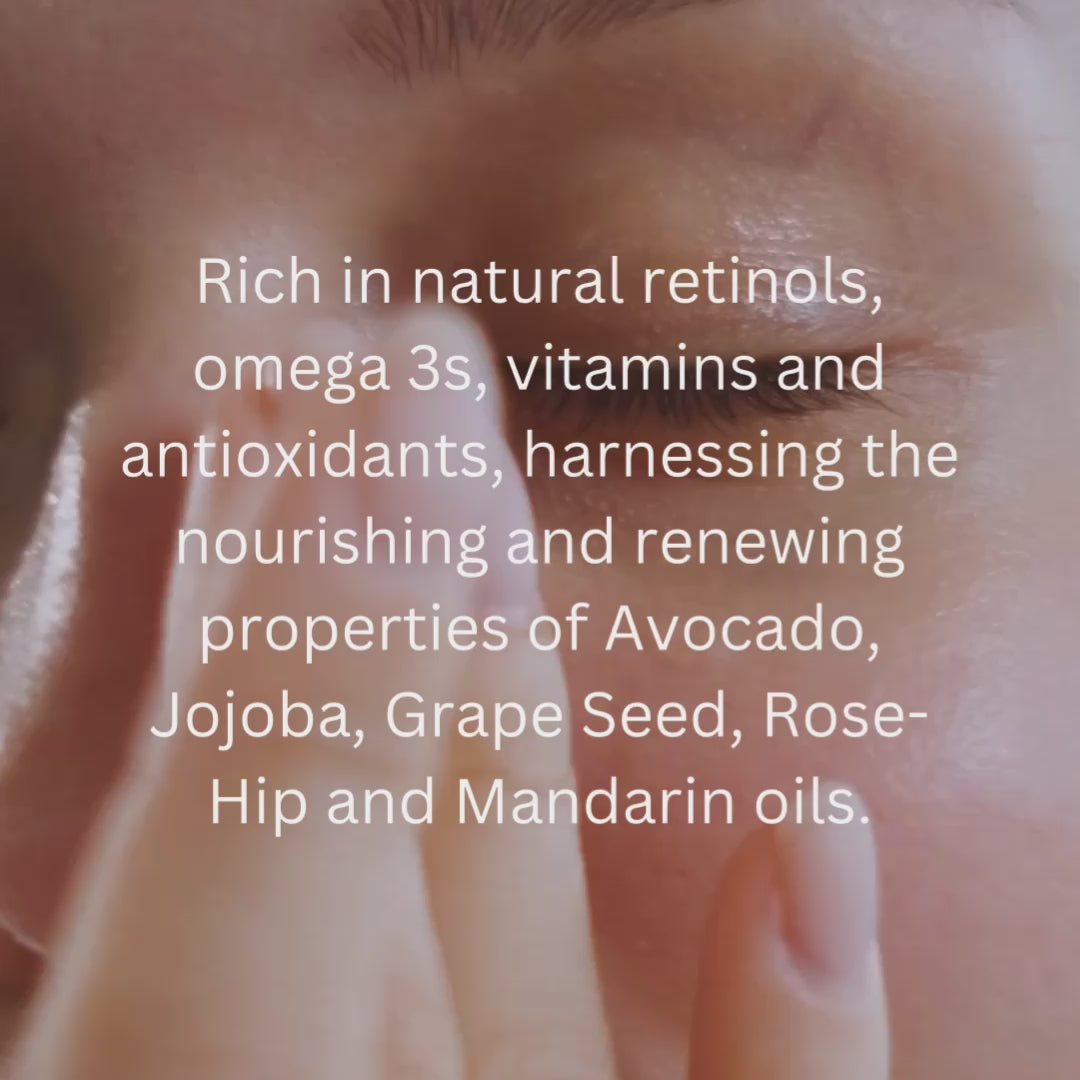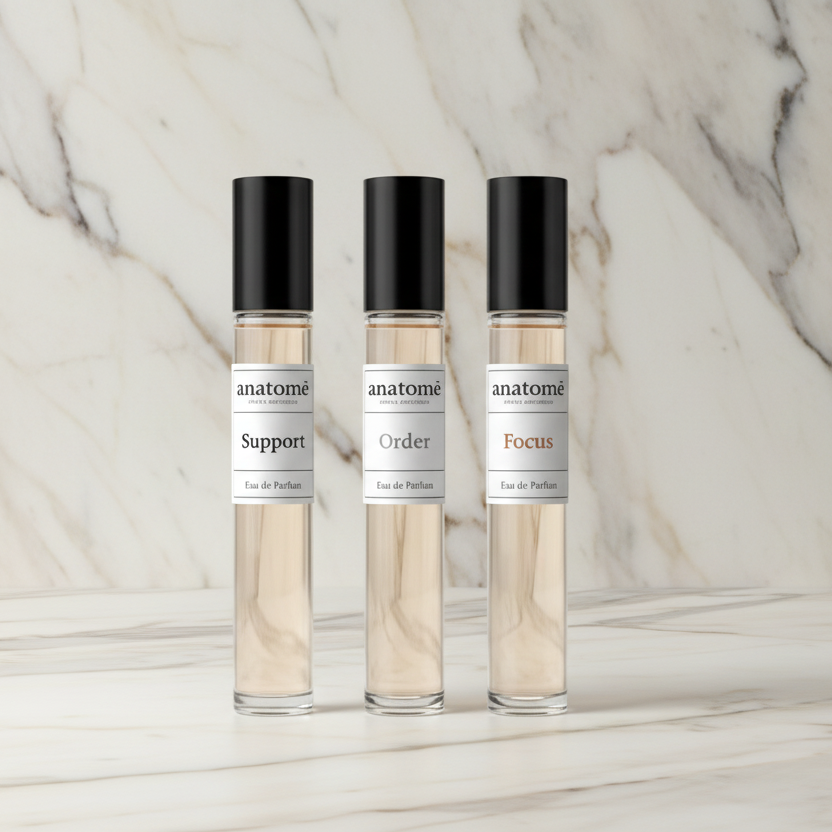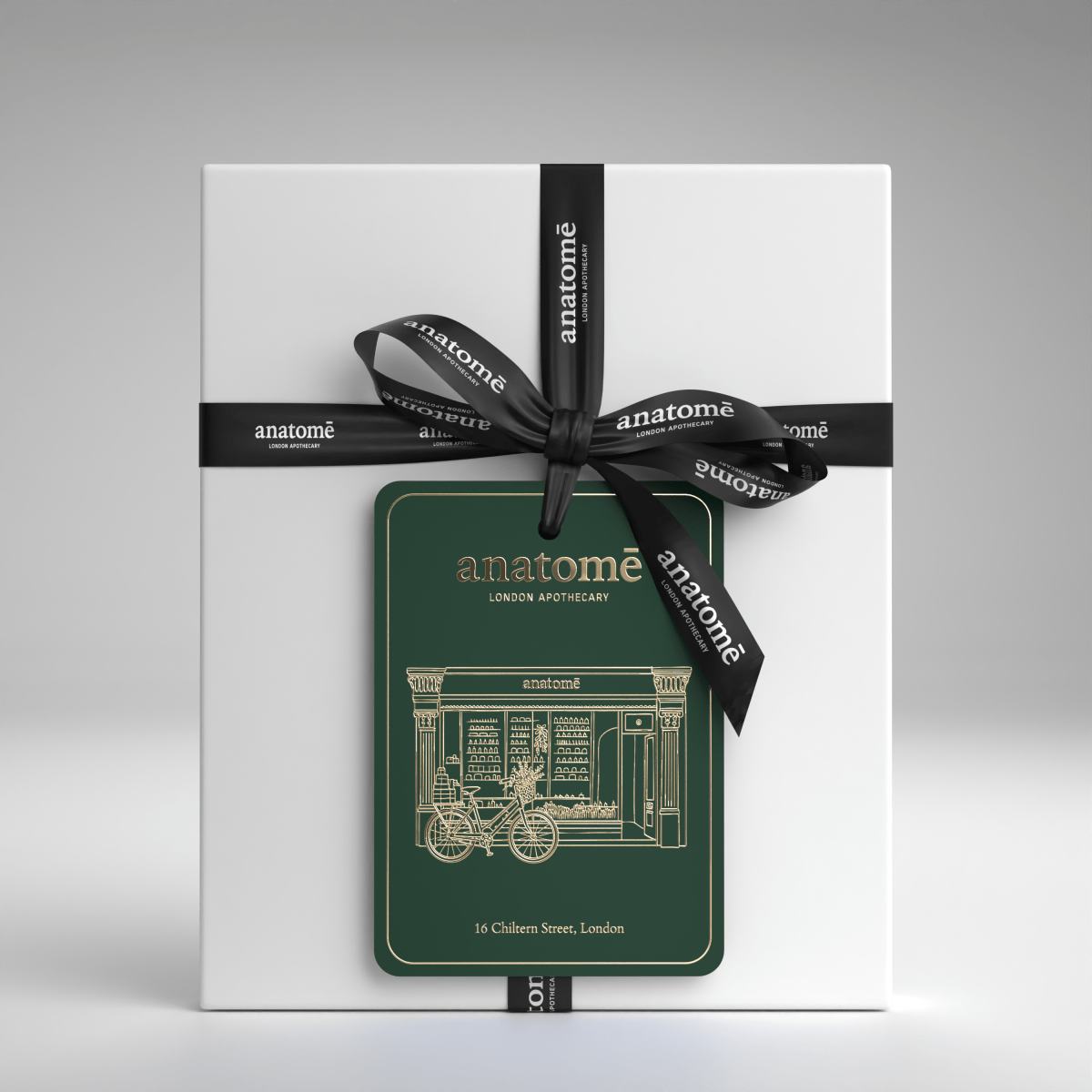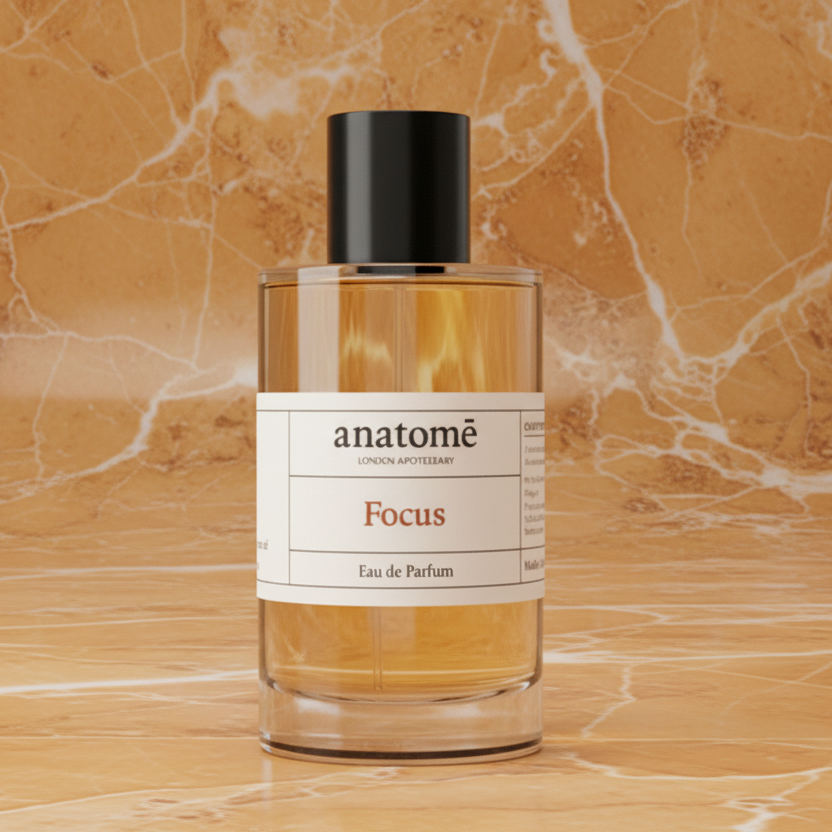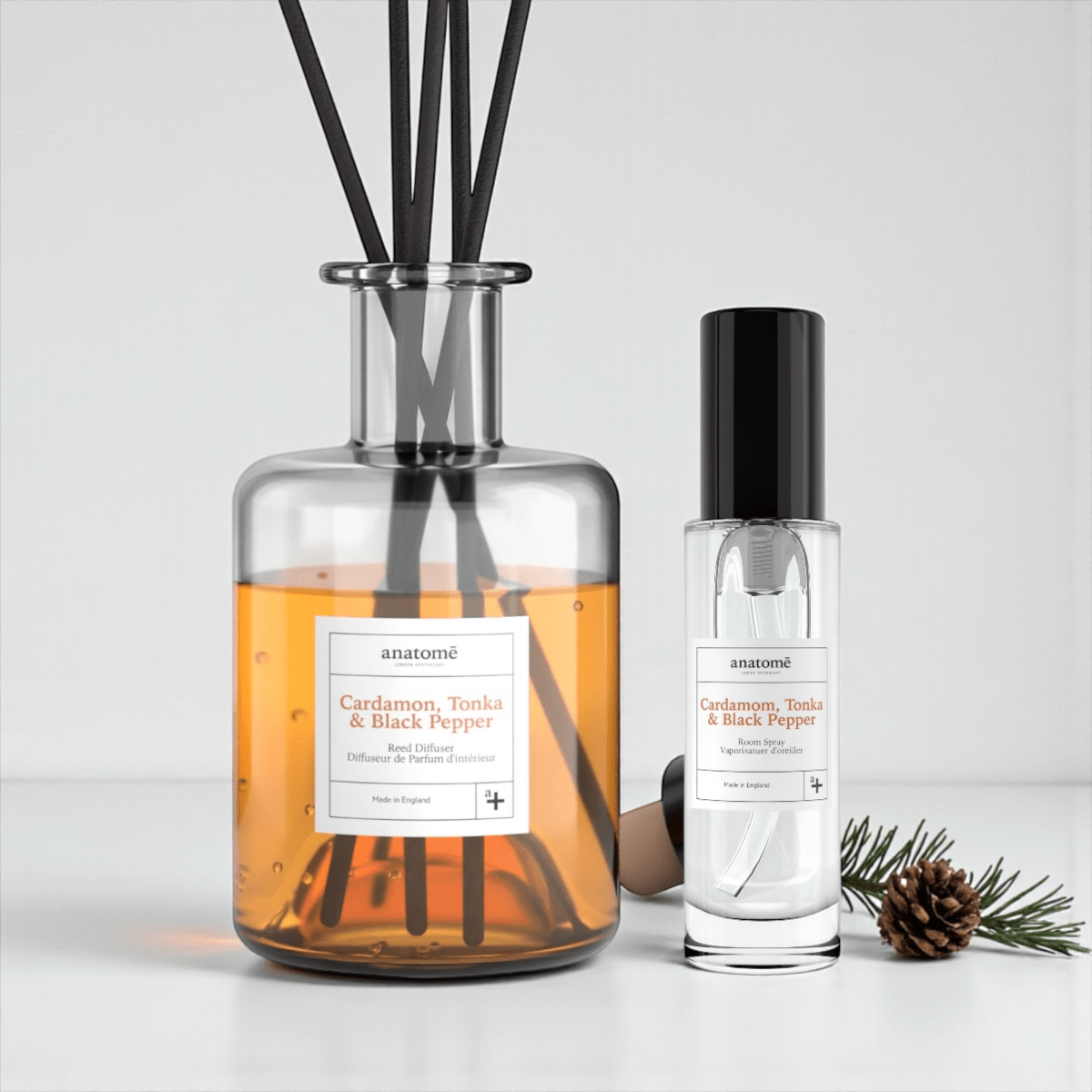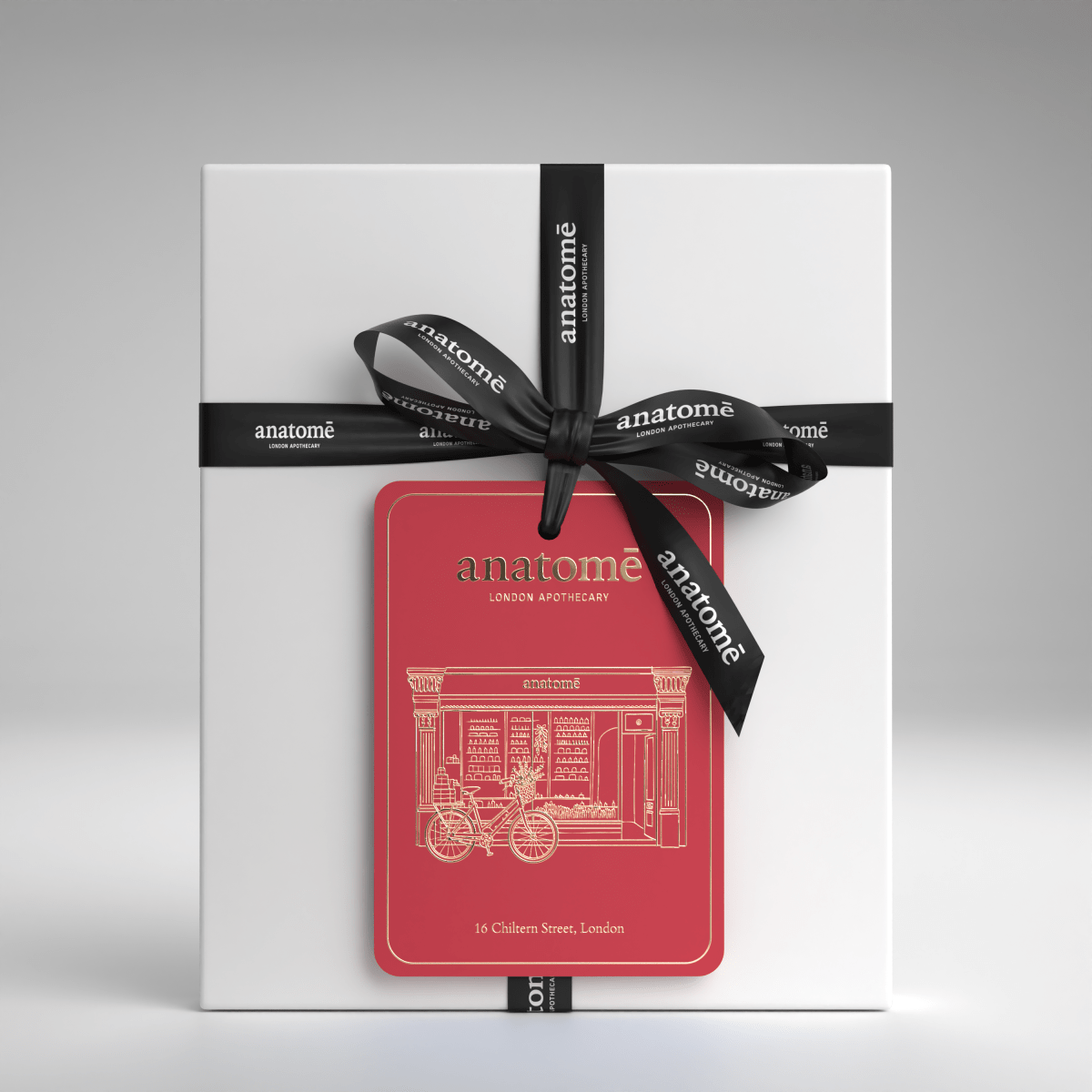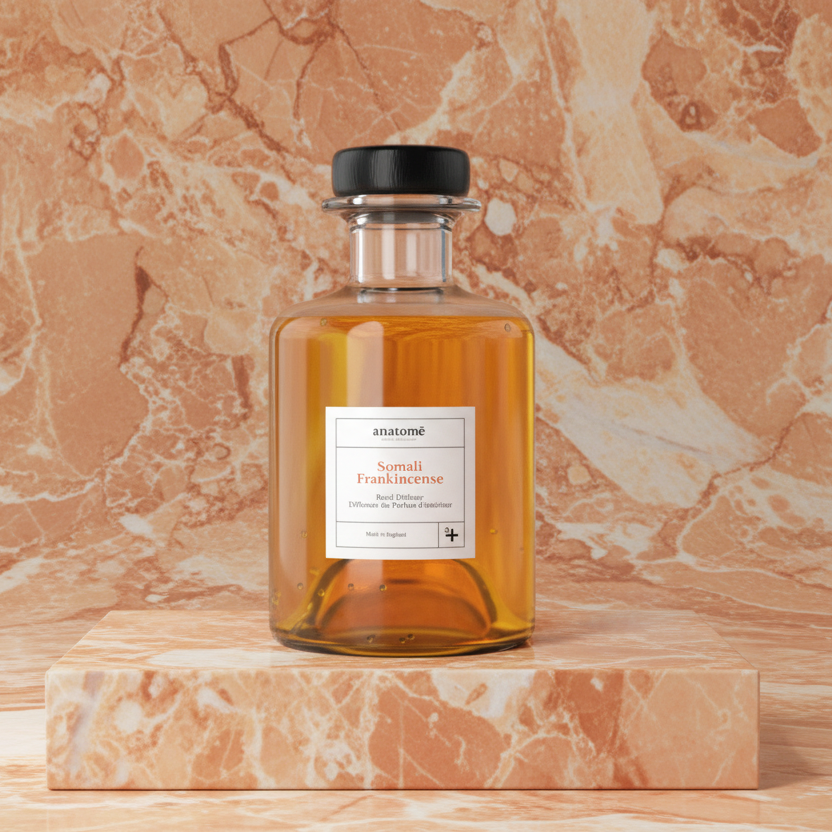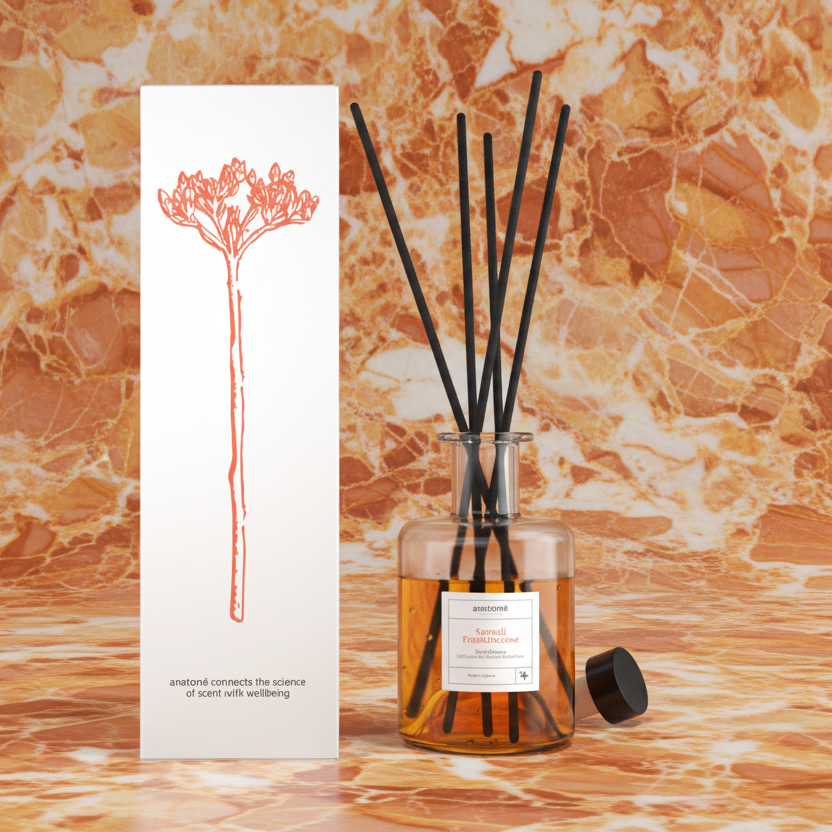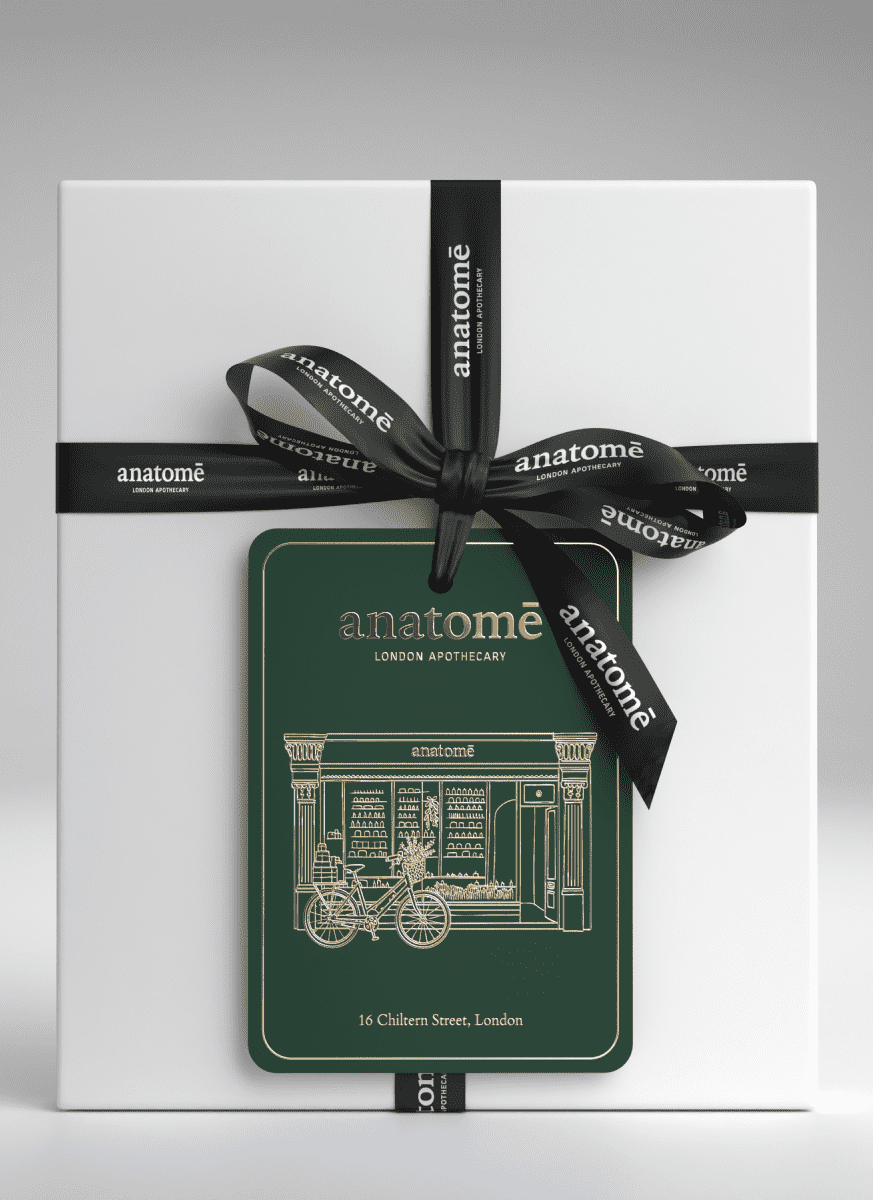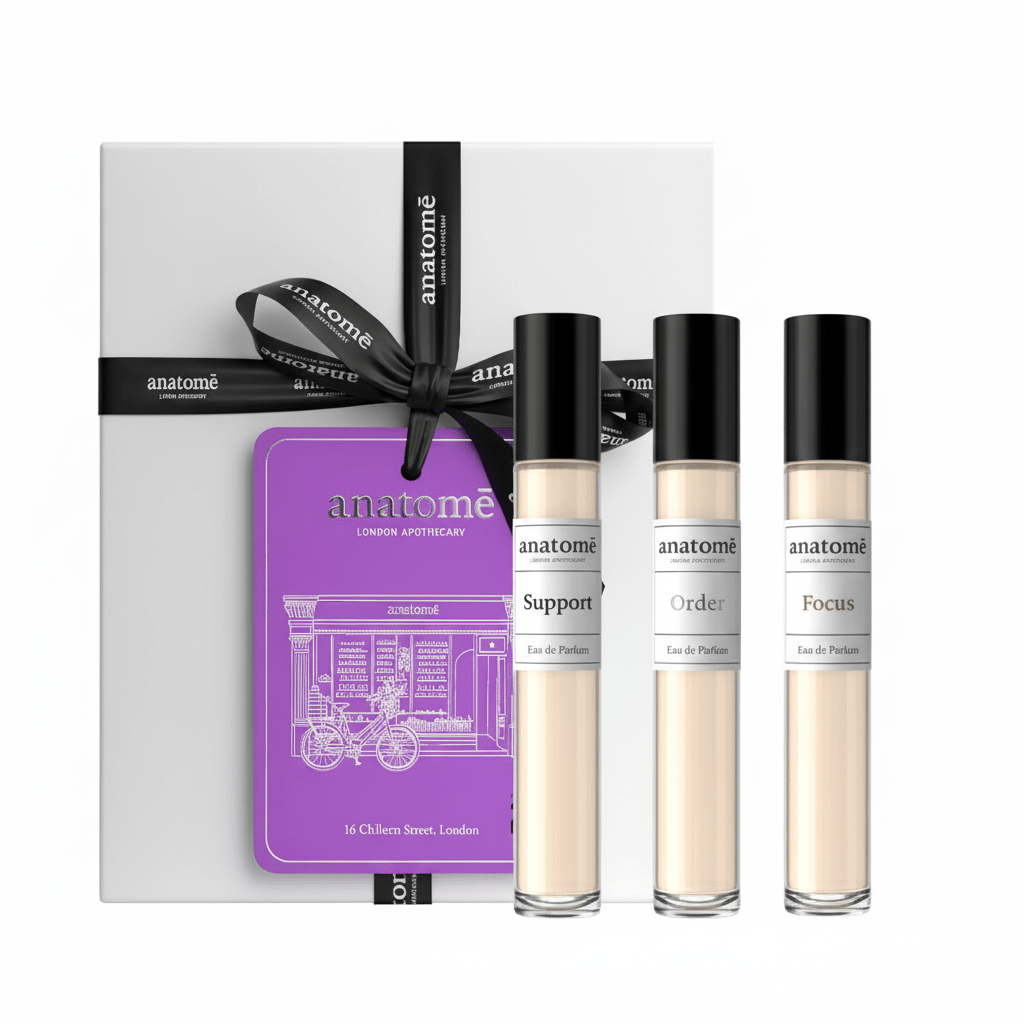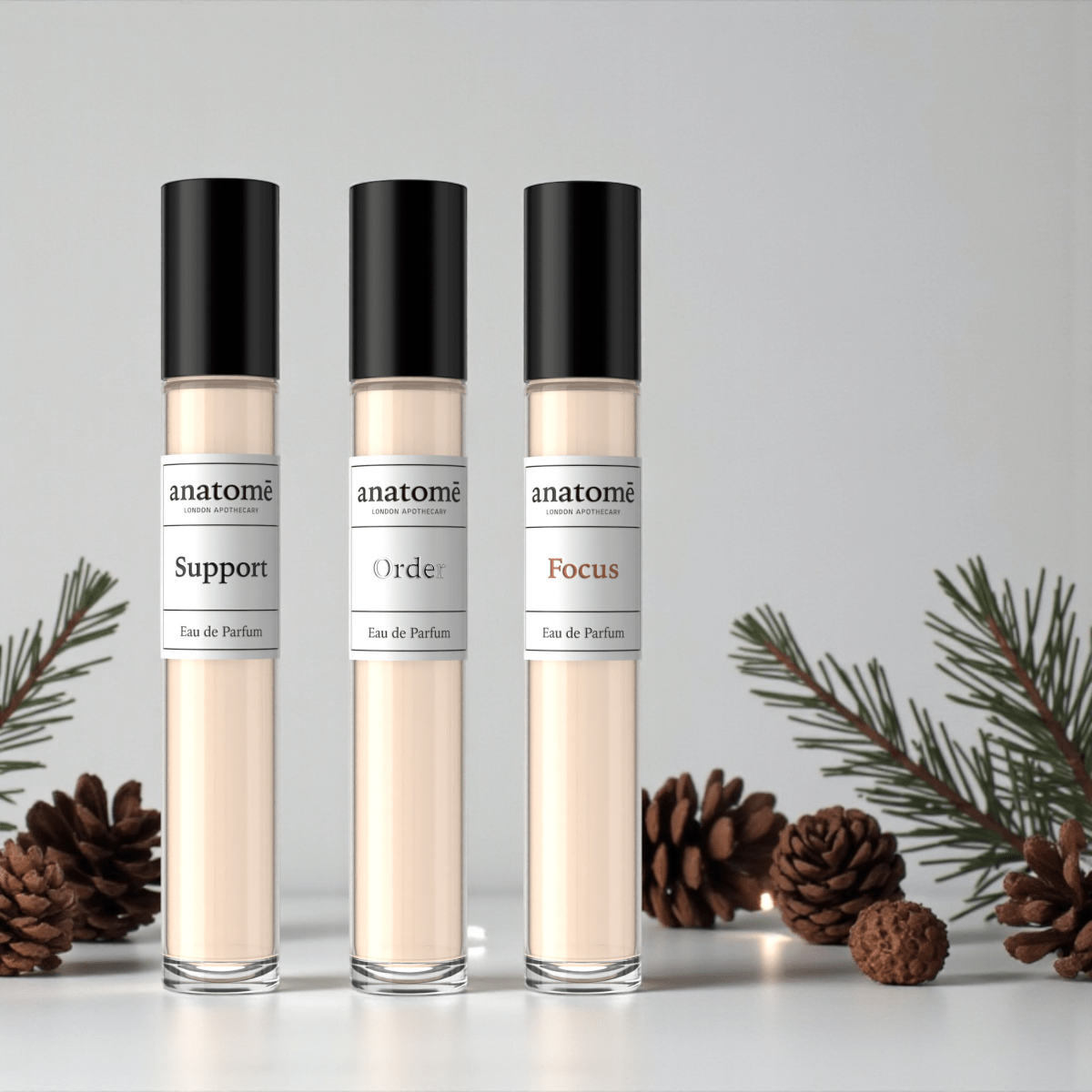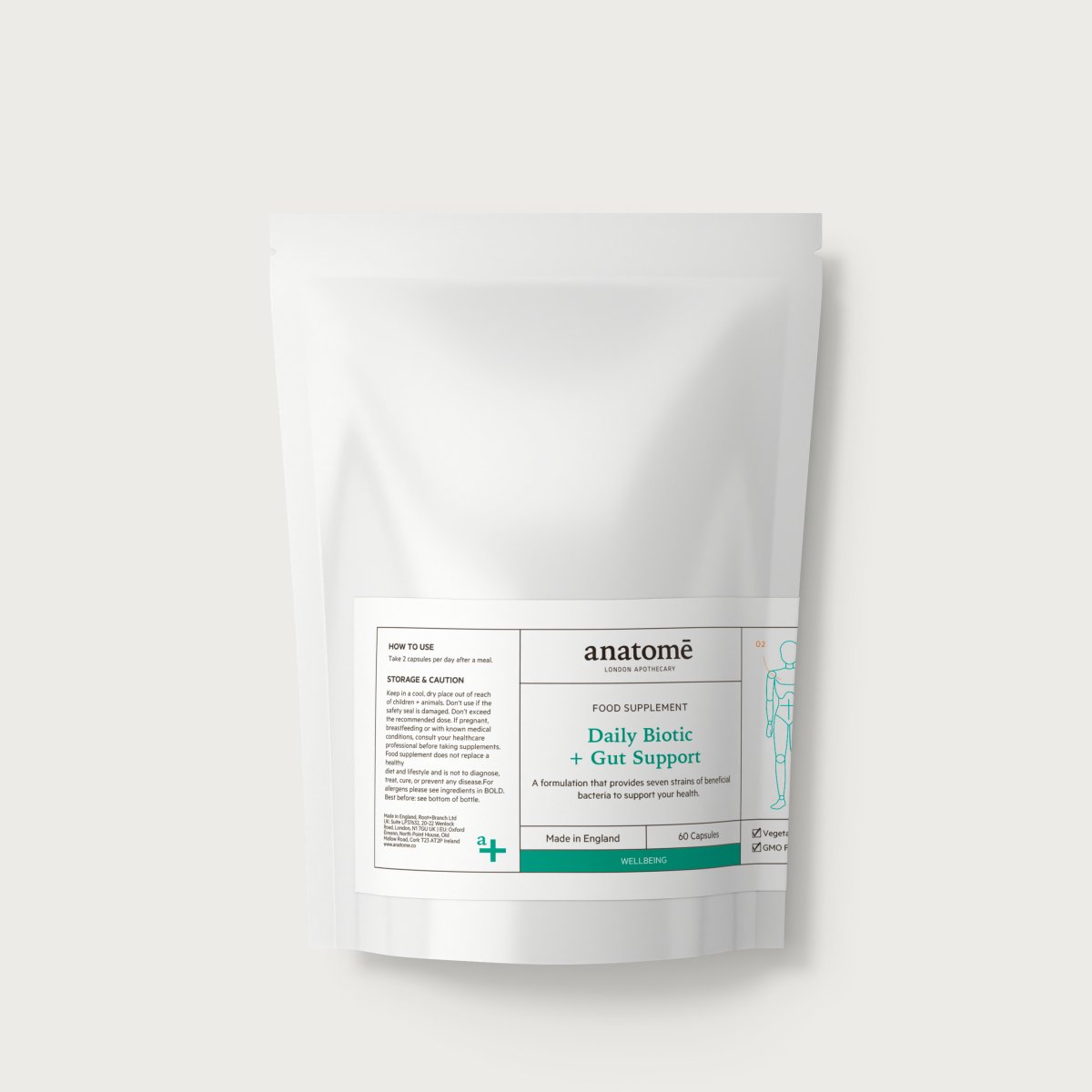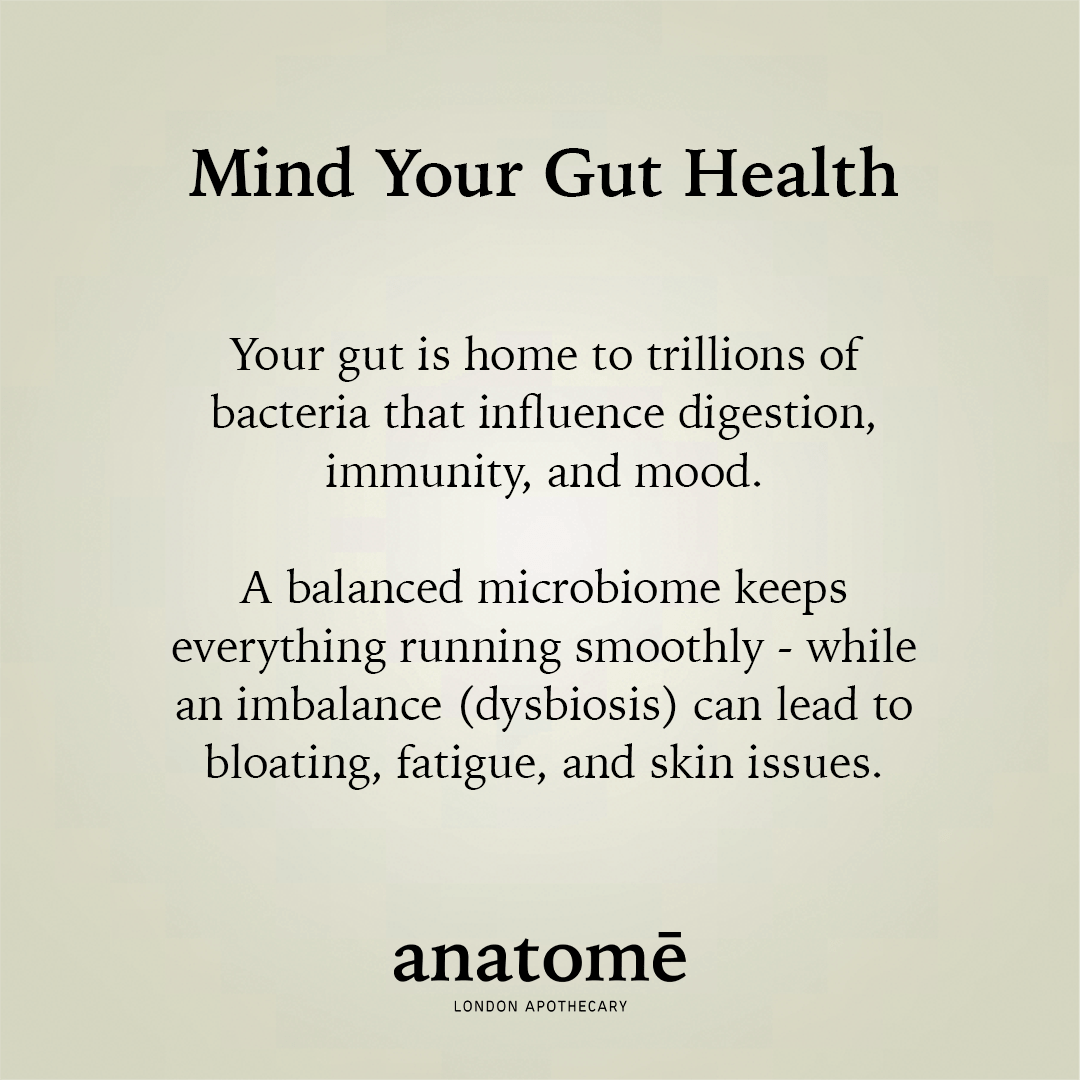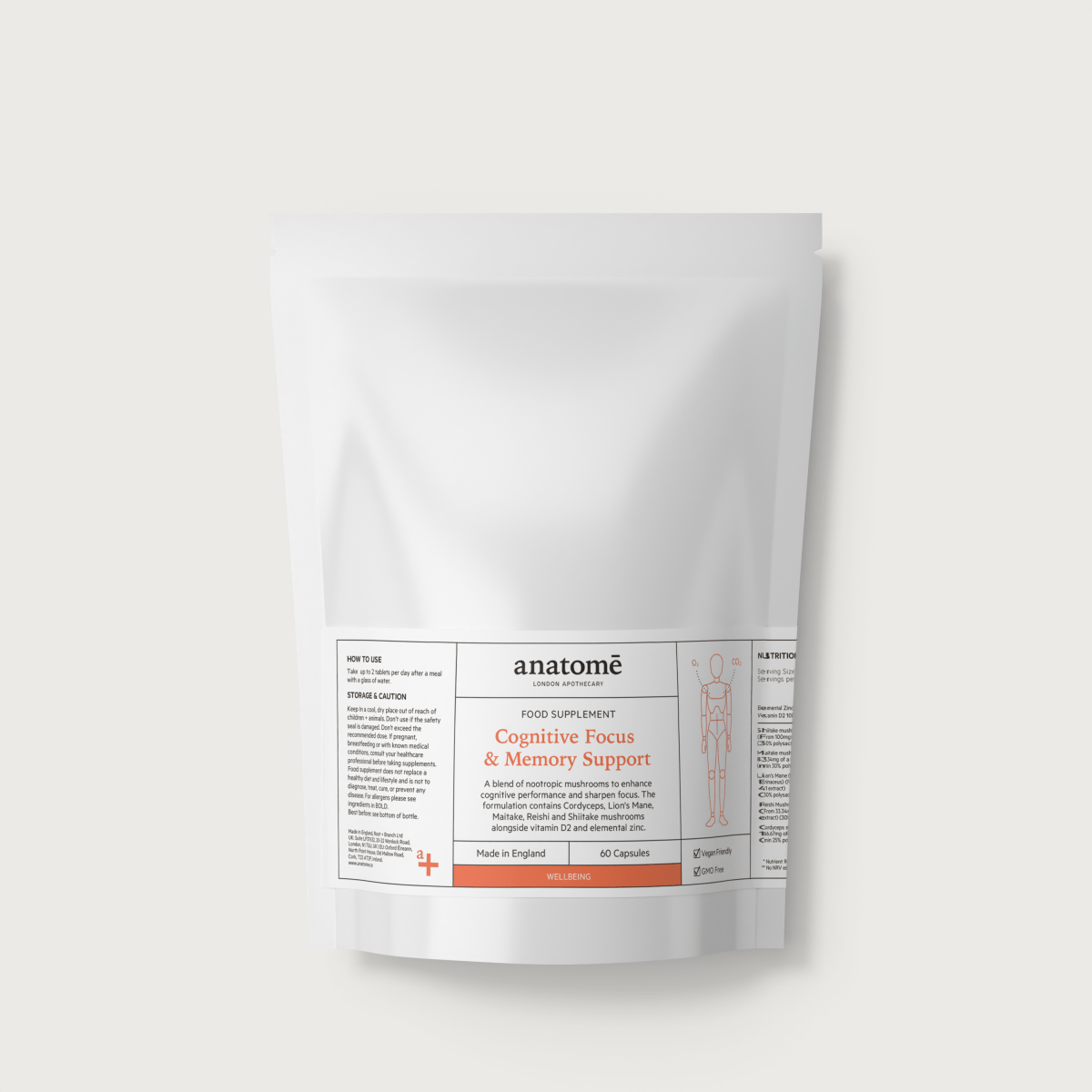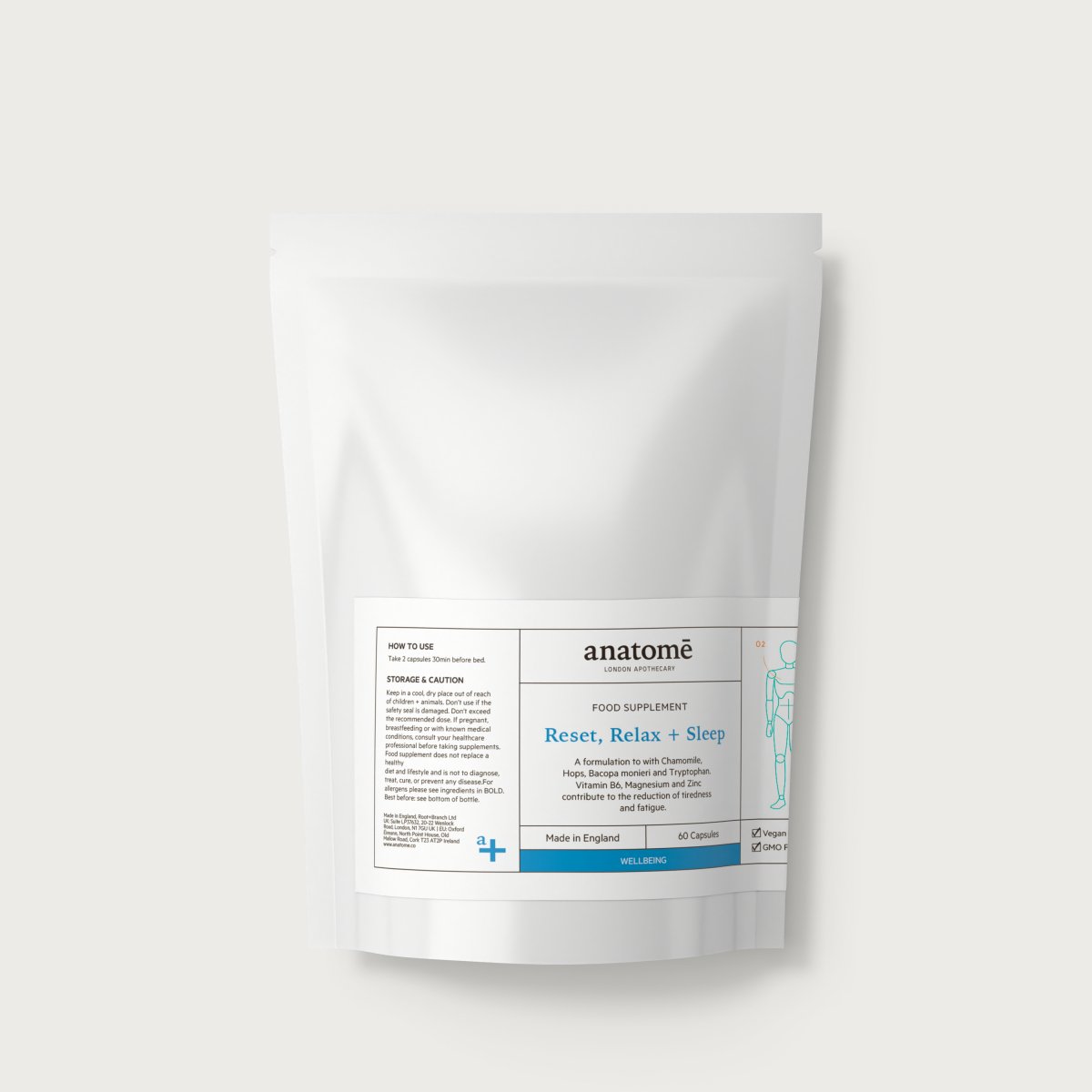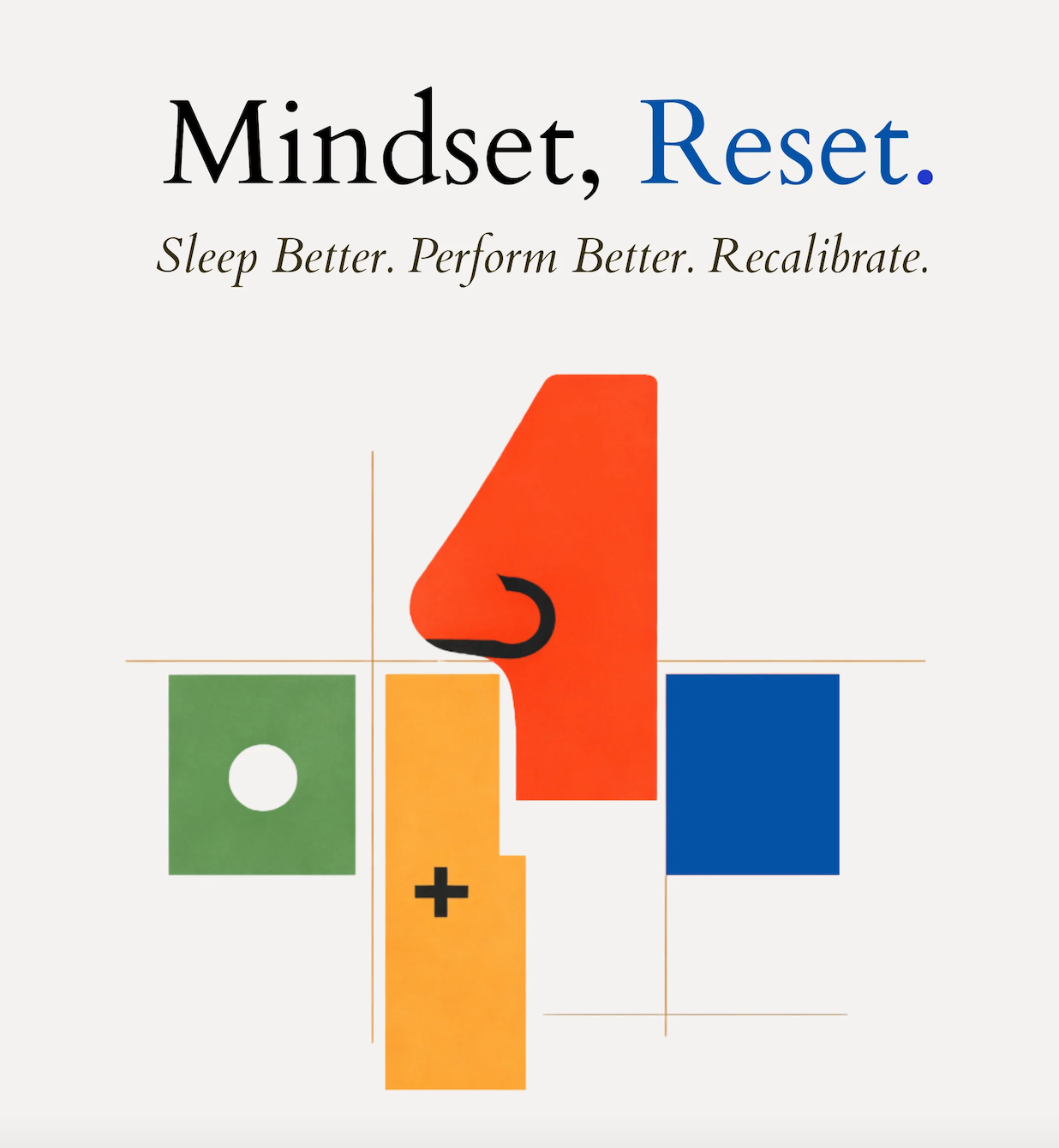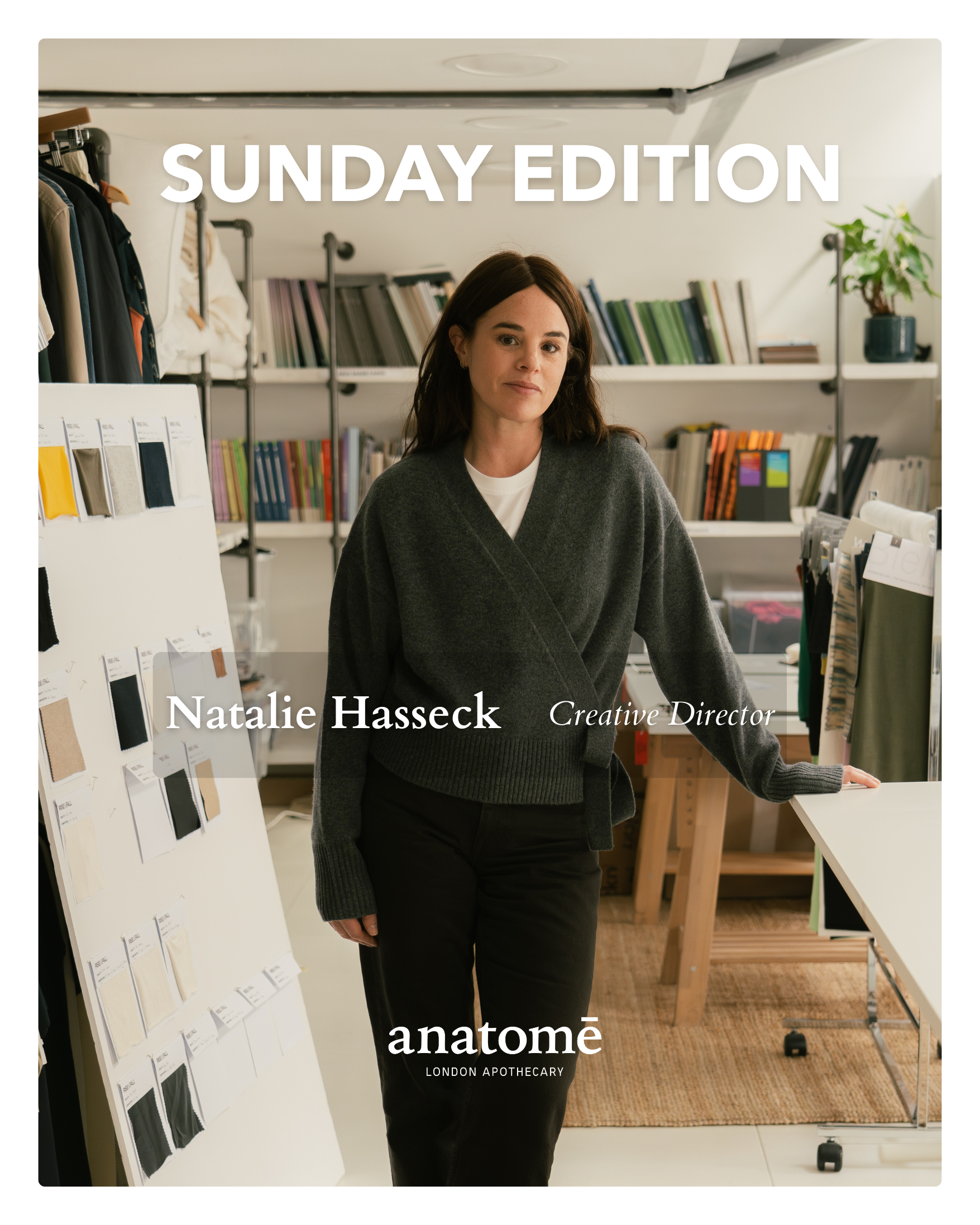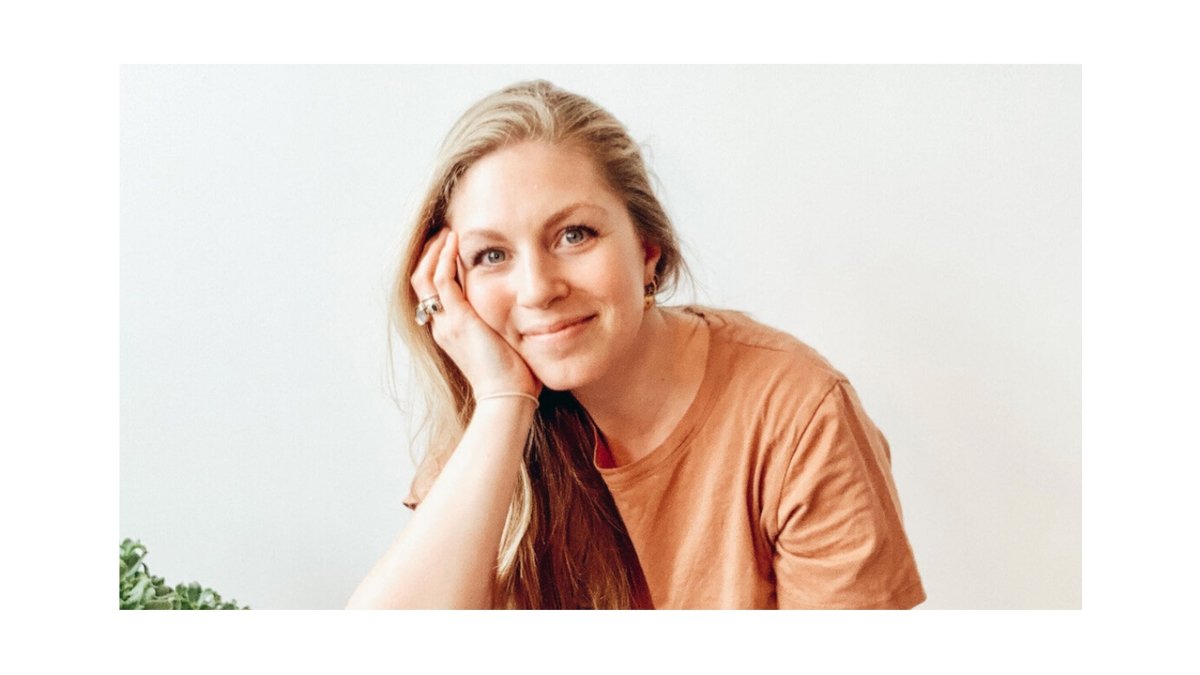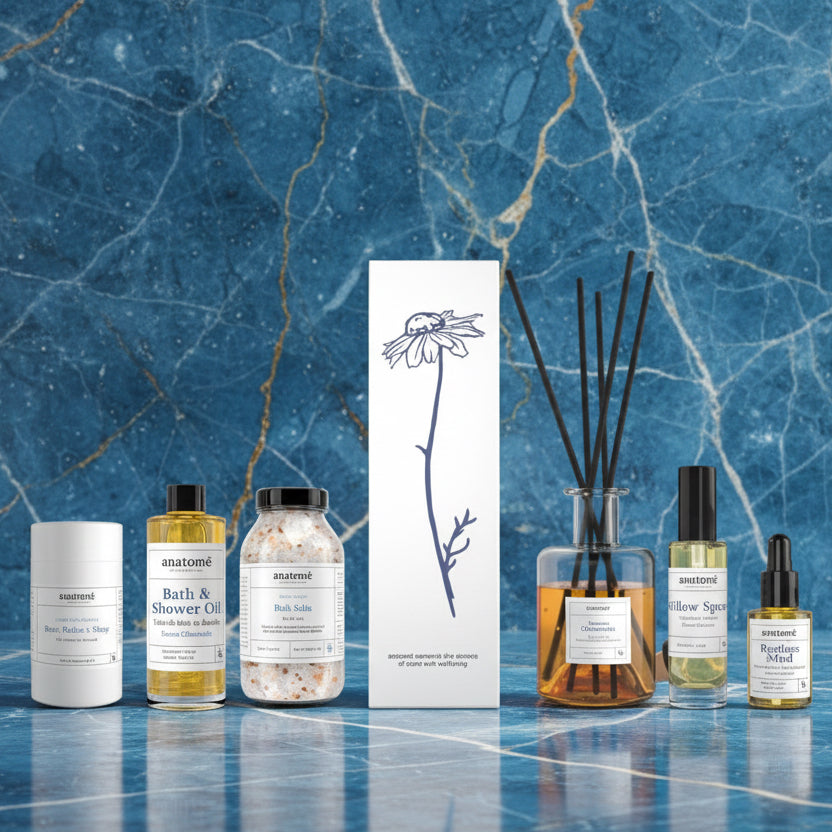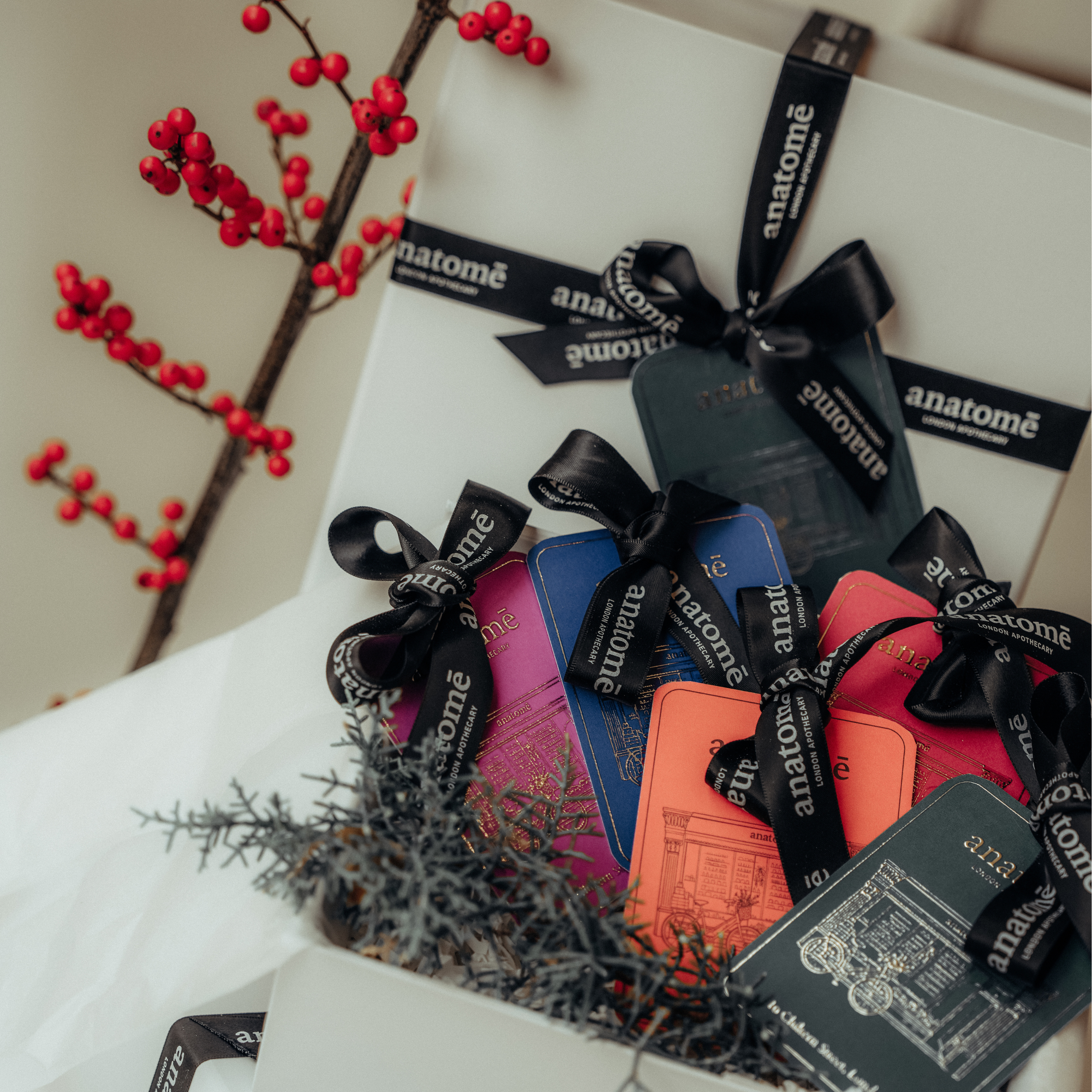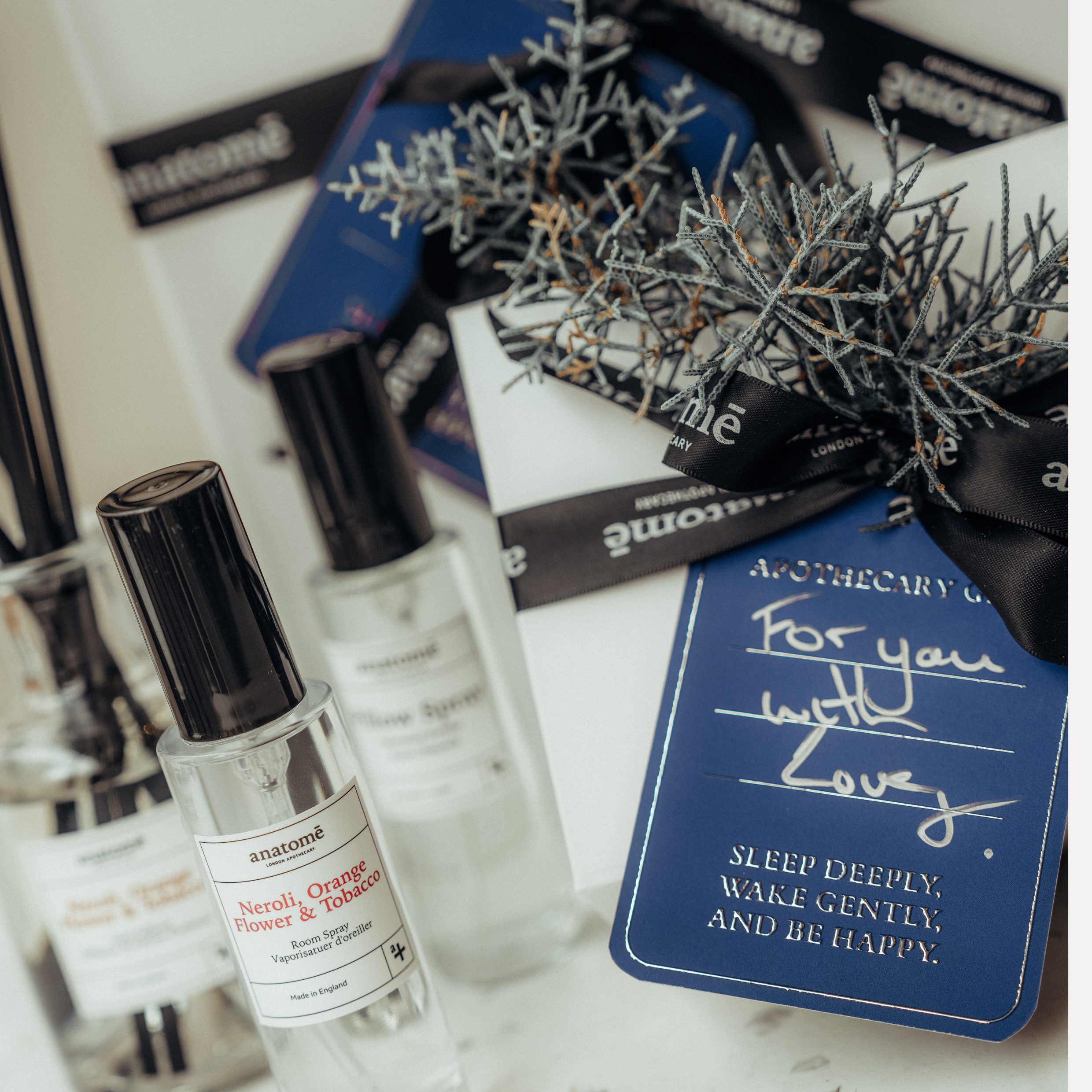Lily is a wellbeing & mindset coach, speaker, journalist, host of “Priorities” podcast, & the founder of Mindful Moment. She has over 20 years of meditation and yoga experience, and uses the simple tools of breathwork, bodywork, meditation, mindfulness, coaching, and humour to help people and organisations realign their priorities, remedy their minds and transform their lives.
Tell us who you are.
I'm a mental health and wellbeing coach and a journalist. I've been doing this for about five years. Before that, I was a fashion and arts journalist at magazines for about 10 years. I've practiced yoga meditation since I was a very early teenager; since I was 11, 12 or so. It's always been a huge part of my life.
Where are you speaking from today?
I’m at my parents’ house in Penzance. It's a warehouse; an old telecommunications building at the very end of Cornwall overlooking the sea.

Did you learn to practice yoga with your family?
My parents practiced and they got me involved. We used to do classes that were very different to the kind of Lululemon world of what yoga is today. We used to do classes above a pub in Tufnell Park in the top room that had glass all over the floor. It was known for boozing and drugs. You’d come downstairs and there'd be people furtively dealing drugs in the stairwell. Rather different to the kind of very nice studios we have today.
How did your parents get into yoga?
My mother was a dancer so she was very used to using her body. But my father wasn't that way inclined at all. He was a music journalist and definitely wasn't into the spiritual side of it. They say that when he first started he couldn’t reach his knees with his hands, his back was so stiff. At the end of practicing a lot for a couple of years he could put his fingers, hands to the floor, so it was definitely transformational.
What did yoga bring to you all as a family?
I think it is something we all enjoyed. I liked going along. Sometimes I’d bring some friends. My parents became friends with the teacher. He used to come and hang out with us. He used to give me lots of books as a teenager and classes and was always trying to get me more interested and involved. Which I was, but it was only in my later life towards my mid to late twenties that I started practicing daily. I don't do as much yoga as I used to but I practice meditation every day.
How did that evolve?
I think it's due to life changes to some extent. I had a baby last year and I wasn't able to practice when I was pregnant because I had too much natural flexibility in the body already, so I didn't really need it. I stepped away from it and did more and more meditation, which was already a big practice for me. When I first started doing yoga a lot, it just gave me an opportunity to come home to myself. To understand myself a little bit better. To learn so much. I still teach retreats and workshops and I always say, “it doesn't make one bit of difference if you can sit in lotus with your legs all crossed, tied up like a pretzel, lift your leg above your head. It only matters if you can take that flexibility into your day-to-day life, if you take the strength of being able to do a plank or a vinyasa into your everyday life, into how you treat yourself and how you treat other people.” For me, yoga just provided a lot of those lessons in how to live a life that makes sense and is compassionate and understanding and flexible and strong.
How does meditation form part of your daily life and how have you made that personal to you?
I mostly practice mindfulness meditation where you pay attention to the breath. I have a bunch of others and little bits that I might come to throughout, but that's my general grounding every single morning. I'll do 12 minutes of that.
Is there a particular space in your home where you meditate?
I'm lucky enough to have a space at the top of the house with a mat, where I teach a lot of my online classes and workshops. I can meditate there. Meditation, for me, has just been so profound on so many levels. It just gives me a little bit more space and time and ability to deal with life, because life is still going to happen even if you're meditating. Even if you're feeling very calm and focused, life is still going to happen. Shit still happens. That’s the reality. But I find that it's just bolstered me, so that when life is challenging or difficult or something happens that goes against what I want, I find it easier to come back to myself and to deal with that situation. To understand it. To have a less reactive reaction to it. I can take a step back and decide a little bit more how I want to behave or how I want to act. Obviously, we don't always match to that. No one does.

Did you learn meditation through a teacher or school?
I trained in what we would call transcendental meditation because my yoga training was Hatha based. It was in an Ashram in India. Then I went on to train with a teacher called Sarah Lowe, who's incredible. She's a yin yoga mindfulness and meditation teacher and a mentor. I trained hundreds and hundreds of hours with her.
Is meditation a cornerstone for you?
Definitely. In my experience it does help a lot of people. However, I will say that not everyone necessarily wants to take that as a step or sees that a step for them. It’s really about finding something where they can get into that meditative state, even if they're doing something completely different. My partner, he climbs mountains and for him, that's his meditation. It's not as accessible as meditation, which you can do anywhere, but for him it provides that similar response and keeps him going for a very long time. It's important to be able to come back to that state of presence, over and over again, no matter what he's doing.
What advice can you give people on how to incorporate meditation into a busy lifestyle?
With meditation, little and often is best. You don't necessarily have to have a seated practice with your eyes closed every single day. Regular practice is much better than once a week because that cumulative effect is what changes the brain. So that the very ancient part at the back, which is responsible for our stress response, gets a bit smaller, and the prefrontal cortex, the newer bit at the front, gets a little bit bigger. That's our reasoning and our thinking, all the stuff we really need when we're in difficult situations. It could be that you meditate while you're making tea. It could be that that's the time that you have every day, so that when you boil the kettle you just feel your feet on the floor. Maybe close the eyes if you're able to - if you don't have toddlers running around your feet. Spend a bit of time and space giving yourself some time and space. I recommend it for everyone. I think it's an incredible tool for bolstering mental health. I think there are also ways in which you can incorporate it into your life. For a lot of people asking them to sit down for 10-15 minutes every day is intimidating.
You’ve mentioned climbing, are there other activities that can improve our mental wellbeing?
I’ve noticed when I garden, I'm not tempted to look at my phone. Or cycling, I can empty my head of thoughts. Whereas, during this lockdown period it became quite addictive to look at the news constantly. I've discovered quite a few friends who've had Covid-19 who are suffering from real stress and anxiety issues as a fallout. I think it's a tangible issue. It's been an interesting few months to hear and see other people who find this quite difficult. When I returned to London I noticed a heightened sense of anxiety. Masks are more prevalent here and I can see why the city becomes a more anxiety-inducing space to be in.
It’s been such a tough time for so many. A lot of people are having terrible, stressful times and different challenges. How has it been for you overall?
There have been some ups and downs. We lost someone quite close to us early on, from the family. So it was brought home to me very, very early in the first week or two how serious this was.
I’m sorry to hear that. My partner’s father died during lockdown. He had to go to America, so that has been very difficult and so sad that his father was isolated during his last days after living such a fine life. How is everyone now?
My partner's fine. We've got a toddler who has been pretty exhausting during lockdown, I'm not going to lie, but also a source of great joy and focus and presence. There's nothing that brings you into the present more than a toddler. A lot of the big companies that I normally work with have furloughed everyone. I work a lot with Soho House and they just reopened. I'm going back in. But, by the same admission, there were a lot of people who were reaching out. As you said, it has been a very stressful and anxious time. I think it will continue to be in terms of what the world looks like and how you want to respond to people, or doing the most simple things like sit down at a restaurant or interact with a new person.
How have you been supporting people?
I've been doing free Instagram live sessions every morning. I do 15 minutes of the method that I normally teach which incorporates a bit of movement, a bit of meditation, a bit of coaching and a bit of breath work. It’s been really incredible being able to connect with so many people and for them to share with me what's going on with them.

Are there any particular threads that are commonly shared amongst the community?
I think a lot of people are feeling deep anxiety where they haven't necessarily felt that before. There's a lot of people who feel overwhelmed by the uncertainty and I think there's also some sadness of thinking that this year was going to turn out in a certain way. I talk about this a lot when I coach people, but so much of our unhappiness, our stress comes from our expectations of something. You have to shift your perspective and expectations. If we have an expectation of something to turn out a certain way and then it doesn't, we can get very anxious, upset and worried. Whereby, when we don't have any expectations, we don't have those reactions. Personally, I’m really struggling with sleep.
What I notice, and we know from our customers, is you just can't isolate sleep as an issue. It's linked to diet, how people eat, how they cook, how they structure their days. Is food important to you? How do you shape your family's diet?
I used to be completely vegan/vegetarian and since my pregnancy, I have a little bit of meat or fish now and again. We're mostly veggie. I'm pretty serious about things being organic and as free-range as possible, as happy as possible, but I also have quite a balanced view. I don't ever think of food as good or bad, but the majority of the stuff that we eat would probably be considered good. There are a lot of vegetables in there, a lot of grains, etc. But, I had a Crunchie bar earlier and I don't think of that as a treat. I just wanted a Crunchie bar, so I had a Crunchie bar. I take that approach. I love cooking. It's really important for me. It really helps me end the day and to have that separation. That has been even more important to me during lockdown.
I've made some elaborate feasts which has been fun. Where do you get your produce? Do you grow food in your garden or go to farmers’ markets?
Farmers’ market. I'm all right with plants indoors. I hope I will at some point, but I've never, as yet, got that good with outdoor plants. My garden survives but I don't think that's any thanks to me.
Some people dig a smoothie or a particular tea. Is there anything within your diet that you particularly relish?
Smoothies. My toddler really likes them. I really like them in terms of getting a big bunch of nutrients in quickly in the morning. I enjoy the taste of them. Sometimes I put rosemary in my water. We've got a big rosemary bush that's very happy. My partner hates it but I quite like the taste of that.
We do workshops on women’s health and we get lots of questions about hormonal health and particularly, around the menopause. There are a lot of resources but it can be quite hard for people to find the answers that are specific to their needs. What's your philosophy in supporting female health?
My philosophy with supporting every kind of health is finding out what bolsters and helps a person and then encouraging them to do more of that. My four pillars of health would be movement, food, rest and connection. Health and wellbeing are so complicated, essentially. There's a really simple level of getting those right and then there's so much other stuff that can go on. There's so much in early life that can affect you. But staying true to oneself is always the most helpful place to be. That doesn't mean turning into a complete hypochondriac or being so attuned to everything going on at all times but rather having an awareness of how you feel, how people make you feel, how things make you feel. How scrolling through the news makes you feel. How social media makes you feel. Or how looking at emails first thing when you wake up makes you feel. Just that little bit of continual checking in, so that you've got your own back. Work would come under connection and it depends, for some, work wouldn't be much of a pillar. For other people, their work is their home as well, which is a hard job.
You have a regular podcast called ‘Priorities’. How do you approach it and what do you get out of it personally?
I absolutely love it. It's been incredibly rewarding. I've been a journalist for more than 15 years so I'm very used to interviewing people and being put in that position. I'd had the idea in my head for more than a year but only got my act together to do it more recently. It's very interesting interviewing someone when you can't edit their answers and how you write it up afterwards. It's been a steep learning curve. It's been more work than I thought it would be, in all honesty, because you have to really listen. There's a lot of work around it in terms of getting it posted, edited and getting social media around it. I think it's great format. I interview prominent guests about what's important to them and then we have a little chat about something they want to prioritise more. I offer coaching tips that could help them make it more of a priority.
Who in life has inspired you?
My grandmother. She's no longer with us. She inspired me a lot. She was a real individual and did whatever the hell she wanted, whatever she thought was best at any given moment. She had a real brilliance and generosity of spirit. She was the one in jeans and trouser suits back in the 1950s when everyone was in big ‘New Look’ gowns. My partner really inspires me. He's incredibly thoughtful and compassionate and very level headed. My daughter inspires me, as well. She's named after my grandmother. It's just incredible watching a child grow up. They're so resilient. Watching her learn to walk, she kept falling over and she kept getting back up and trying again. You see that so much with little kids. I find that pretty inspiring.
What do you find encourages a more restful sleep?
No electronics in the bedroom at all. I switch my phone on airplane mode around 7 or 8pm and I leave it downstairs. I don't switch it on in the morning until I've been up for at least half an hour. I go to bed reasonably early. I really like to get into bed at 8.30 - 9pm and read for an hour or two before I fall asleep. I am currently using one of your oils and I’m really, really loving it. My partner really loves the smell, as well. Sometimes do puzzles or a crossword to help me fall asleep. Ideally, I'm asleep by 9.30 -10pm. A bath with oil is always nice too.

